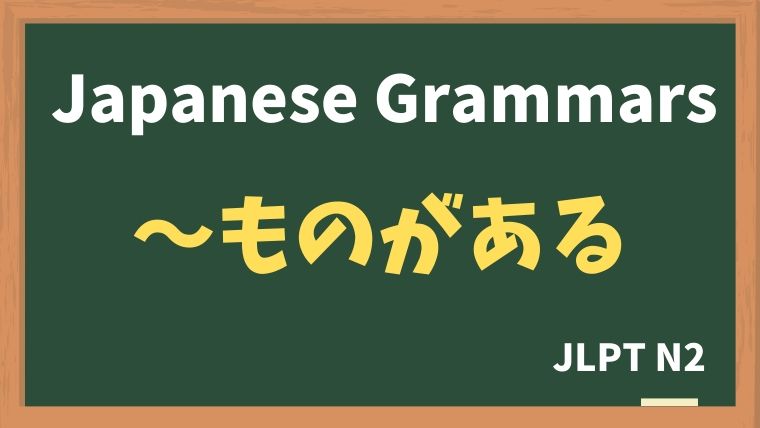
Explanation:〜ものがある
fa-check-circleMeaning
"なんとなく〜だと感じられる / 〜という特徴を持っている"
Expresses the speaker's strong feelings or thoughts about something.
Used to emphasize that something has a certain quality or evokes a particular feeling. It often highlights a strong impression or reaction the speaker has towards a situation or experience.
fa-check-circleForm
V(dictionary form) + ものがある
イAい + ものがある
ナAな + ものがある
fa-check-circlePoints
- Expressing Strong Feelings or Impressions: "〜ものがある" is used to convey that something deeply resonates with the speaker or has a significant quality that cannot be ignored.
- Subjective Judgment: This expression often reflects the speaker’s personal feelings, judgments, or evaluations.
- Abstract and Emotional: The expression is typically used with abstract qualities such as beauty, sadness, difficulty, etc.
fa-check-circleJLPT Level
N2
Sample sentenes
全員がJLPTの試験に受かるとは限らないので、毎回、学生にテストの結果を聞くのは辛いものがある。
Not all students will pass the JLPT, so it's hard to ask students about their test results every time.
彼のスピーチは人を感動させるものがあった。
His speech had something that moved people.
さっきの彼の態度には、不自然なものがあった。
There was something unnatural about his attitude earlier.
家に帰って、誰もいないのは寂しいものがある。
It's lonely to come home and find no one there.
トムさんの日本語の上達の速さには、驚くべきものがある。
Tom's progress in Japanese is remarkable.
Vocabulary
| Japanese |
English | |
| 態度 | たいど | attitude |
| 上達 | じょうたつ | improvement |






